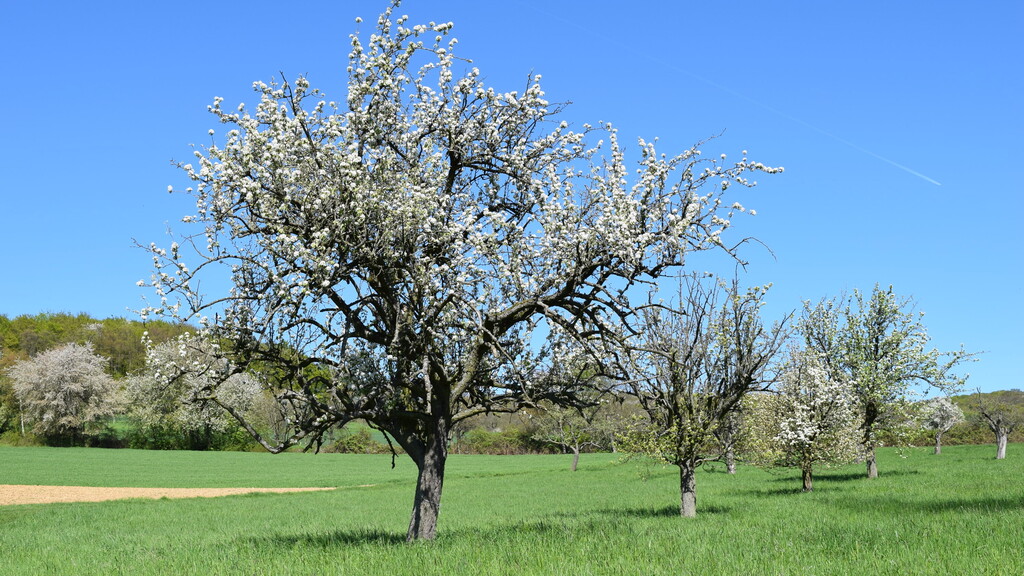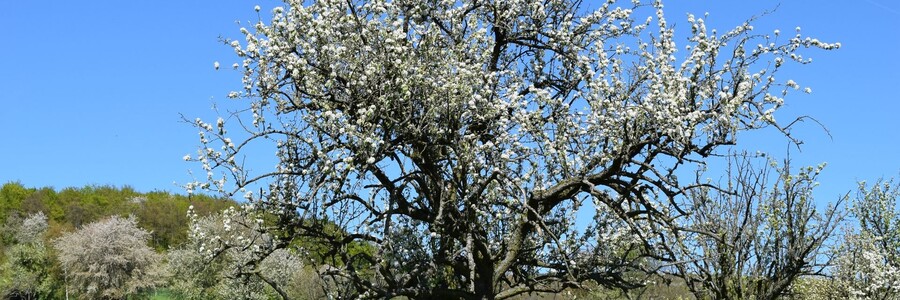More frequent extreme weather: one of the consequences of climate change
According to the study, rainfall in Central Europe will become more frequent and heavier, as the intensity of rainfall is now 3 to 19 percent higher than before due to climate change. Even the recent floods in Germany recorded 90 litres of rain per square metre per day, the highest value since weather records began in Germany. Although such extreme precipitation and the associated consequences are rare, they will also increase in industrialised nations in the future, according to the study.
The development of floods
Floods form as a result of large-scale continuous rainfall or short-term heavy precipitation. When the rain hits the earth's surface, part of it seeps into the ground, while the rest runs off through the ground surface and the sewage system into bodies of water. The extent to which water passes from the soil into the groundwater depends, for example, on the degree of development and cultivation of the soil. If a large part of the precipitation cannot be absorbed, it flows into streams, rivers or lakes, and water levels rise.
Accordingly, frequent causes of floods are, in particular, the sealing of surfaces and the associated increase in surface runoff, the interference in the natural balance of river systems, the drainage of floodplains and moors, the clearing of the landscape, and the compacted soils associated with intensive agriculture.
Protecting against floods through landscape diversity
But how can we best protect ourselves against flooding? Diverse landscape structures in particular can help to ensure that water in the form of precipitation seeps into the ground more effectively and does not run off above ground. For example, trees, bogs or floodplains play an important role in improving the soil's ability to infiltrate. Orchard meadows also make an important contribution to storing water in the soil: Where plants grow, more water can evaporate as well as be stored in the soil and less water runs off. The denser and taller the vegetation, the better the natural retention of water functions. Forests absorb almost all precipitation, and the year-round ground cover of orchards prevents surface water from running off into streams, rivers or lakes. The cover also protects the soil and the roots of the trees from erosion. Orchard meadows thus make an important contribution to the protection of our natural resources and should therefore be preserved at all costs!

